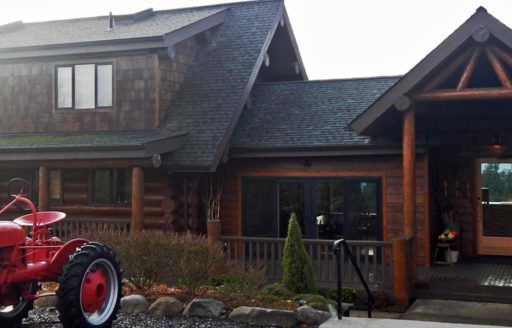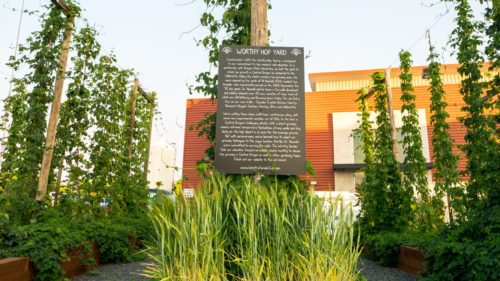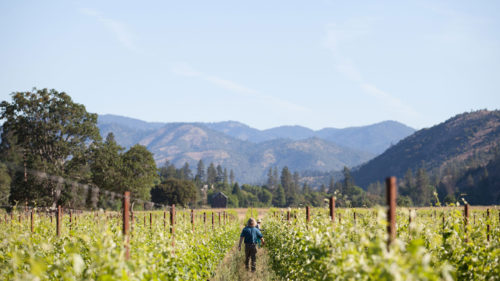Portland has long been on the global landscape as a culinary hot spot, a place known for its creative chef-driven cuisines that you might find at a food cart, pop-up restaurant, neighborhood café or fine-dining establishment.
Pair that with Portland’s eco-friendly sensibility, and you’ll find a place where chefs and brands routinely focus on reducing their food waste. That’s the case at Portland-based Salt & Straw, which has been increasingly driven not just by Oregon’s culinary bounty but the massive amount of food scraps that might be considered waste. “The industry has caught up with a lot of our dreams,” says Tyler Malek, Salt & Straw cofounder. “Before, we called it ‘not wasting.’ Now it’s ‘upcycled.’ This seems so innovative, but it’s so basic.”
Malek is one of Oregon’s top chefs who are devoted to reducing food waste, one of the biggest challenges facing the local food economy. A group of Portland chefs get together each year to raise awareness of this effort at the annual Summer Supper event, hosted by Urban Gleaners — a Portland nonprofit that works to reduce food waste and insecurity throughout the metro area.
Attendees get to taste Malek’s creations, like the banana bread pudding he made one year from hundreds of pounds of gleaned bananas and day-old bread, topped with Pringles that were half broken due to a pallet being dropped, making them unsellable by the grocery store. He garnished the dessert with drizzled coffee caramel made from coffee beans past their sell date and ice cream from his own kitchen.
In all, the event features more than 25 chefs, bakers, winemakers and beverage makers, each crafting inspired small plates and sips using gleaned and upcycled ingredients — transforming what’s often discarded into something extraordinary. Attendees will also see a curated selection of local beer, wine, craft cocktails and non-alcoholic beverages from some of the region’s favorite vendors.
Some of the participating vendors include Republica, Plant Based Papi, Xiao Ye, Lovely’s Fifty Fifty, Akadi, Hayward, Sugarpine Drive-In, Metlapil, Sammich, Gabbiano’s and Matta.
“Just because the grocery store doesn’t want it anymore doesn’t mean there’s something wrong with it,” Malek says. “We kind of need every single person in the city working on this. We’re just scratching the surface.”
Tickets to the event at Portland’s The Redd on Salmon include local beer, wine and sparkling mocktails, along with booths featuring local nonprofit partners and activities focused on food sustainability. You can also enter to win a raffle with gift cards to restaurants, CSA boxes, wine and more. The event has capacity for up to 800 guests.
The event differs from Sunday Suppers of past years, which took the form of small sit-down dinners with higher ticket prices. Making the event more accessible to the public helps to spread the food sustainability message far and wide. “If we eliminated food waste, we could feed our whole country three times over,” says Nico Niebes, executive director of Urban Gleaners. Want to learn more? Here’s what you need to know.
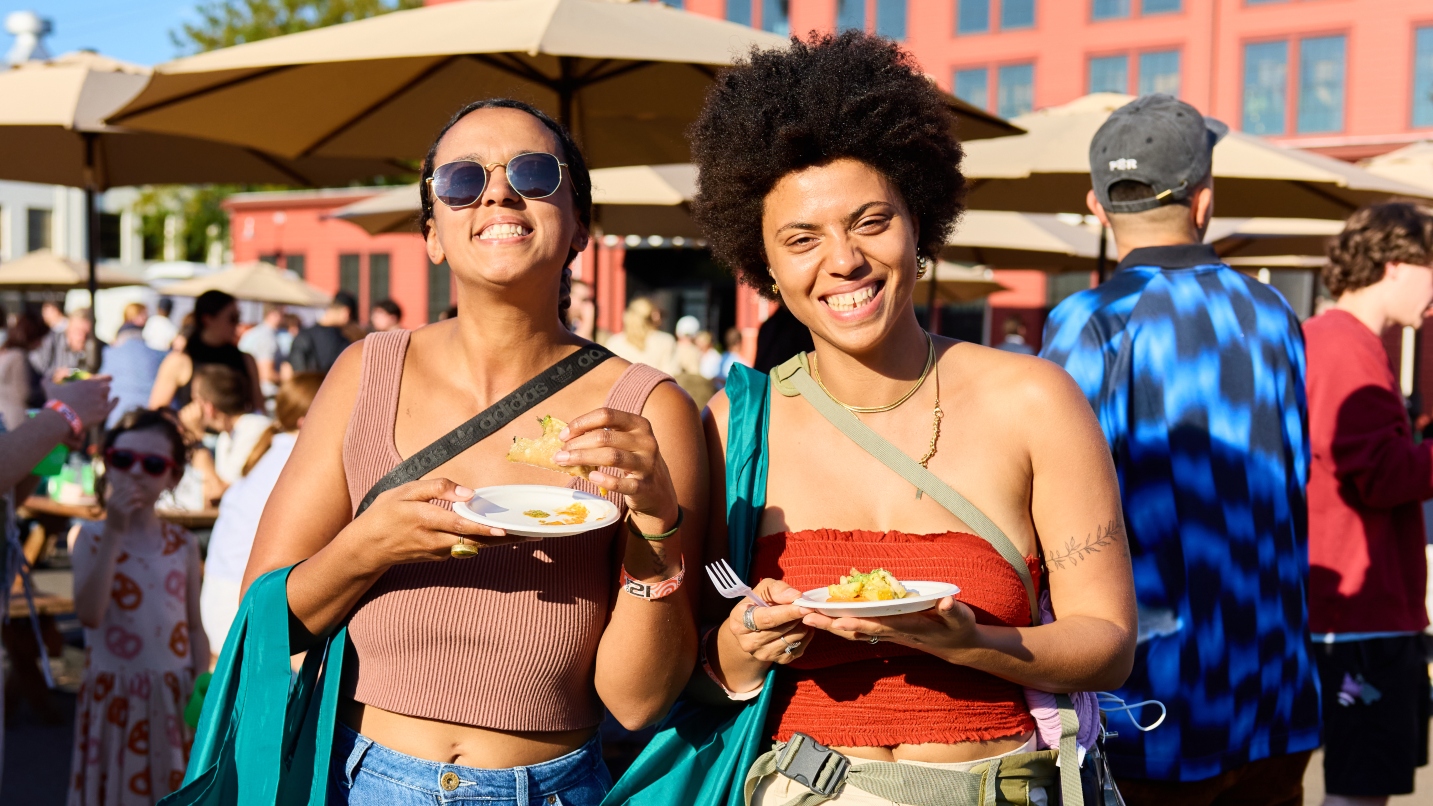
Getting Food Where It’s Needed
Each of the creations at Sunday Supper shines a light on the work of Urban Gleaners, which started in 2006 as a scrappy effort by founder Tracy Oseran, a Portland mom of two teenagers who became aware of how much food was wasted in the community and started talking to people in local restaurants, grocery stores and bakeries to see what could be done. She found that many didn’t have a destination for their perfectly good, unused food items. So they drove around town to pick up donations here and there and distributed that food to local nonprofits. (Federal and state Good Samaritan laws protect anyone donating food without liability.)
The effort has since grown into a well-oiled volunteer-powered organization feeding thousands of families every week by rescuing fresh, unsold food made of the region’s best ingredients, from hand-roasted coffee and organic produce to fried chicken, gourmet deli sandwiches and gluten-free cookies. Urban Gleaners now rescues about 1.5 million pounds of food each year, which they distribute to more than 8,000 food-insecure families every single week through school pantries, mobile market vans and free farmers markets in the summer.
Americans waste 30% to 40% of the food supply each year, according to the USDA. That’s due to a variety of reasons like spoilage during production and supply, over-ordering, tossing blemished produce, and buying or cooking more than they need.
“On many days, the only food [children] have to eat is the government-subsidized breakfast and lunch they have at school,” Oseran said in a 2016 TEDx talk about the hunger crisis in Oregon. “For dinner, sometimes a bag of chips. While we’re living in this food-centric wonderland, with acres of lush farmland, abundant farmers markets — the pinot noir capital of the world — there are thousands of children who are going hungry. … Childhood hunger is our backyard tragedy.”
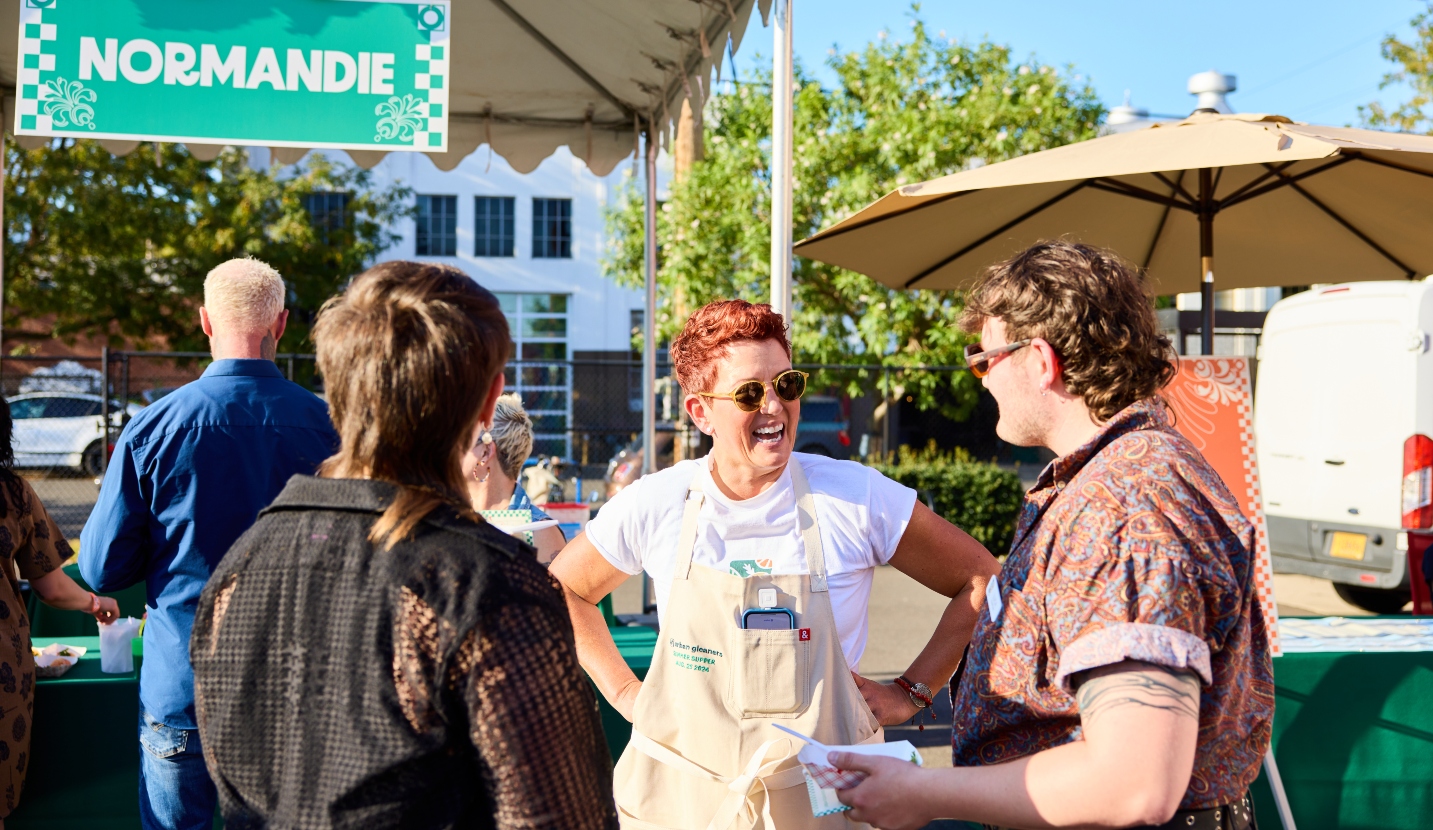
Ways to Pitch In
Passionate about the cause? There are many ways to pitch in to help reduce food waste.
- Volunteers can sign up for weekly pickups of food donations from a list of local restaurants, grocery stores, corporate campuses, event sites, colleges and universities, farms and food wholesalers. You can sign up to be on the rapid response team if you’re not able to commit to a weekly pickup route.
- Volunteers can also help sort fresh groceries and package prepared foods at Urban Gleaners’ warehouse.
- Volunteers may take a shift at any of the three Free Food Park Markets per week at Lents, Mt. Scott and Woodlawn Parks, where they help keep tables stocked, ensure equitable distribution and help attendees move through the line.
- Volunteers may also sign up to help through the new farm glean team, which heads out to a farm site every week or every other week to help harvest excess or unmarketable produce with a team of fellow volunteers.
Find tickets to the all-ages, family-friendly Summer Supper here. All proceeds benefit Urban Gleaners.



